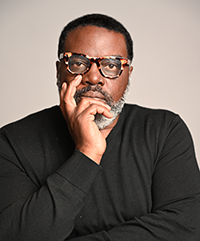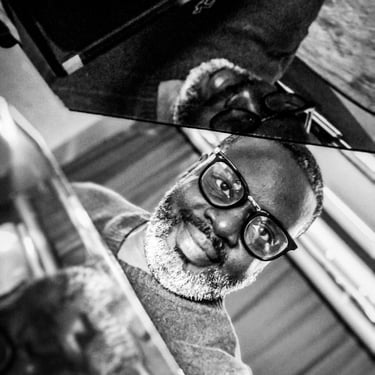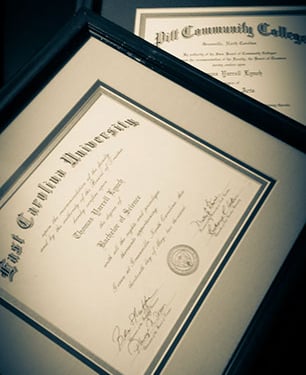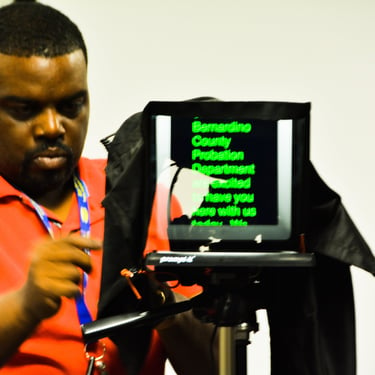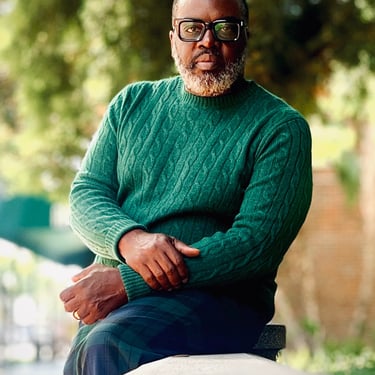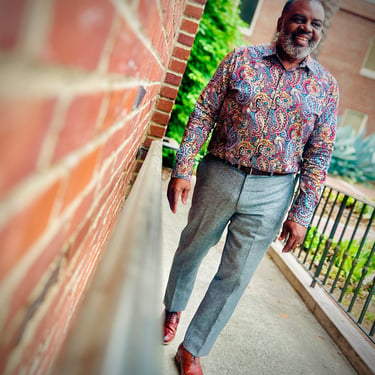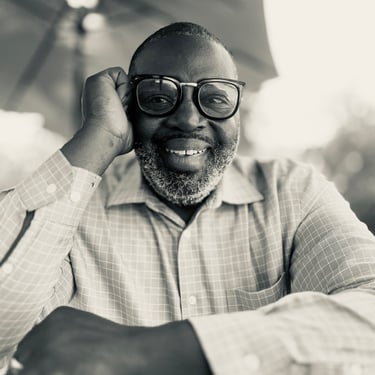
James Baldwin: A Voice That Forever Resonates
A celebration of the writer, the activist, the man
AFRICAN AMERICAN COMMUNICATORS POLITICAL OPINION
Thomas Y. Lynch
8/8/20254 min read
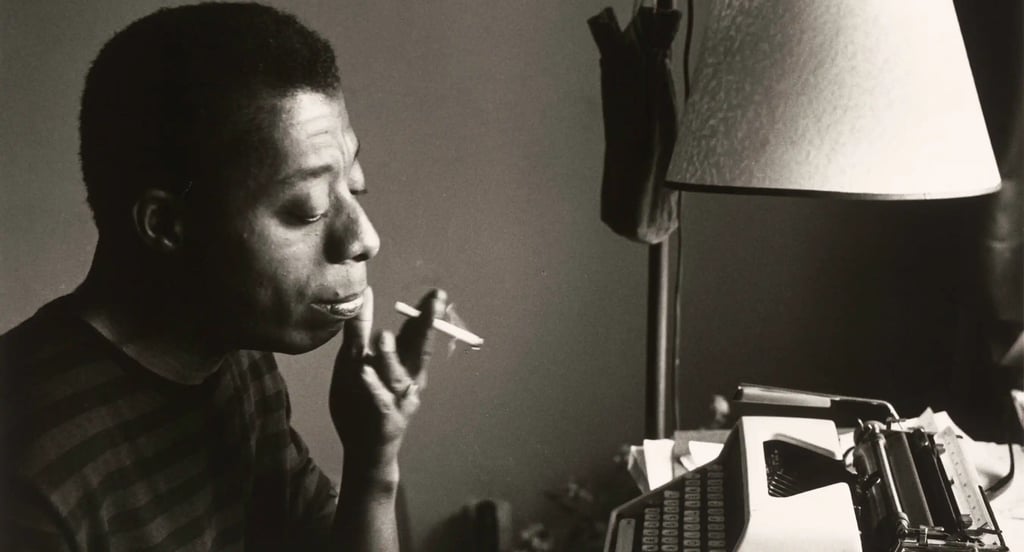

"You have to decide who you are and force the world to deal with you, not with its idea of you."
It’s not very often I veer away from communications topics - this is no exception. Through my years of communications, I’ve always admired Mr. Baldwin. He was a plain spoken man, with multi-layered ideas of what it was to be black in America. He epitomizes what a great communicator is, and spoke truth to power with deep personal ideas based on human decency.
Today, August 7th, marks the birthday of James Baldwin, one of the most profound and eloquent voices in American literature and social commentary. Baldwin’s legacy transcends time, continuing to inspire readers, thinkers, and activists worldwide. His words, soaked with raw truth and unflinching honesty, remain as relevant today as they were during the turbulent decades of his life. On this day, I honor the man who gave voice to the voiceless, challenged societal norms, and illuminated the complexities of race, identity, and humanity.
Educational Roots and Early Life
"The purpose of education... is to create in a person the ability to look at the world for himself, to make his own decisions."
Born in Harlem in 1924, Baldwin grew up in a world deep with racial tension and economic hardship. His intellect and literary talent were apparent early on, and his escape paths were books and writing— I can identify with him because I too attempt to make sense of the world around me by using those very methods. Baldwin attended Frederick Douglass Junior High School, where he was mentored by poet Countee Cullen, a prominent figure of the Harlem Renaissance. This mentorship instilled in Baldwin a deep appreciation for literature and the power of words.
Later, Baldwin graduated from DeWitt Clinton High School in the Bronx, where his passion for writing flourished. Despite his academic promise, Baldwin faced systemic barriers that limited his opportunities as a young Black man in America. Like many of us today, he worked odd jobs to support himself and his family, all the while honing his craft and dreaming of a future where his voice could rise above America’s oppression.
Paris: A Haven for Expression
"The most dangerous creation of any society is the man who has nothing to lose."
In 1948, at the age of 24, Baldwin made the life-changing decision to move to Paris. The move was both an escape and an act of defiance—a way to liberate himself from the suffocating racism of America and to find the freedom to write without constraint. Paris became a sanctuary for Baldwin, a place where he could reflect on his identity as a Black man and a queer artist. He once stated that in Paris he realized how toxic racism was in America, and moving to Paris wasn’t scary at all compared to the persecution America offered.
However, Baldwin’s time in Paris was not without struggle. He wrestled with feelings of alienation and homesickness, as well as the burden of representing the pain and resilience of Black Americans to an international audience. Yet, it was in this city that Baldwin wrote some of his most iconic works, including Go Tell It on the Mountain and Giovanni’s Room. Paris offered Baldwin the space to explore the complexities of race, sexuality, and belonging, themes that would define his career and connect deeply with readers.
Struggles and Triumphs in America
“To be a Negro in this country and to be relatively conscious is to be in a rage almost all the time,”
Though Baldwin found solace abroad, he never turned his back on America. He returned frequently, particularly during the Civil Rights Movement, to lend his voice to the fight for justice. Baldwin’s essays, speeches, and debates were fearless, piercing through the veneer of American exceptionalism to expose the brutal realities of racism.
As a Black man in America, Baldwin faced relentless discrimination and hostility. Yet, he refused to be silenced. His oratory skills were unmatched—his ability to articulate the pain and resilience of Black Americans was both a gift and a weapon. Baldwin’s speeches were not just words; they were calls to action, igniting passion and courage in those who heard him. He stood shoulder to shoulder with leaders like Martin Luther King Jr. and Malcolm X, bridging gaps between ideologies and reminding the world that the fight for equality was a shared endeavor.
A Legacy That Endures
"The responsibility of a writer is to excavate the experience of the people who produced him,"
James Baldwin’s influence is as powerful today as it was during his lifetime. His works continue to be studied, celebrated, and quoted, offering timeless insights into the human condition. Baldwin’s ability to dissect the intersectionality of race, sexuality, and identity has paved the way for generations of writers and activists. His courage to speak truth to power has inspired movements for justice and equality across the globe.
In an era where conversations about race and identity are more urgent than ever, Baldwin’s words serve as both a guide and a challenge—to confront the uncomfortable truths of our world and to strive for a better future.
Three Essential Reads
For those looking to delve deeper into James Baldwin’s life and legacy, here are three books that encapsulate his brilliance:
Baldwin’s semi-autobiographical novel explores themes of religion, family, and identity through the lens of a young boy growing up in Harlem. It is a deeply personal and evocative work that showcases Baldwin’s literary genius.
A collection of two essays, this book is Baldwin’s unflinching examination of race relations in America. It is both a warning and a vision for a future rooted in justice and equality.
One of Baldwin’s most daring works, this novel explores themes of love, identity, and sexuality. Set in Paris, it is a poignant and groundbreaking exploration of what it means to be human.
Conclusion
James Baldwin was more than a writer; he was a truth-teller, a bridge-builder, and the light at the end of a desolate tunnel. His words continue to challenge, inspire, and transform. On his birthday, I celebrate not just the man, but the enduring power of his voice—a voice that reminds us of the beauty and pain of being human and calls us to create a world where justice and equality prevail.
Thomas Y. Lynch
Meeting The Man (excerpt)
James Baldwin in Paris. Directed by Terence Dixon United Kingdom, France, 1970.

"The world is held together by the love and passion of a very few people".
“How well we communicate is not determined by how well we say things but how well we are understood.”
